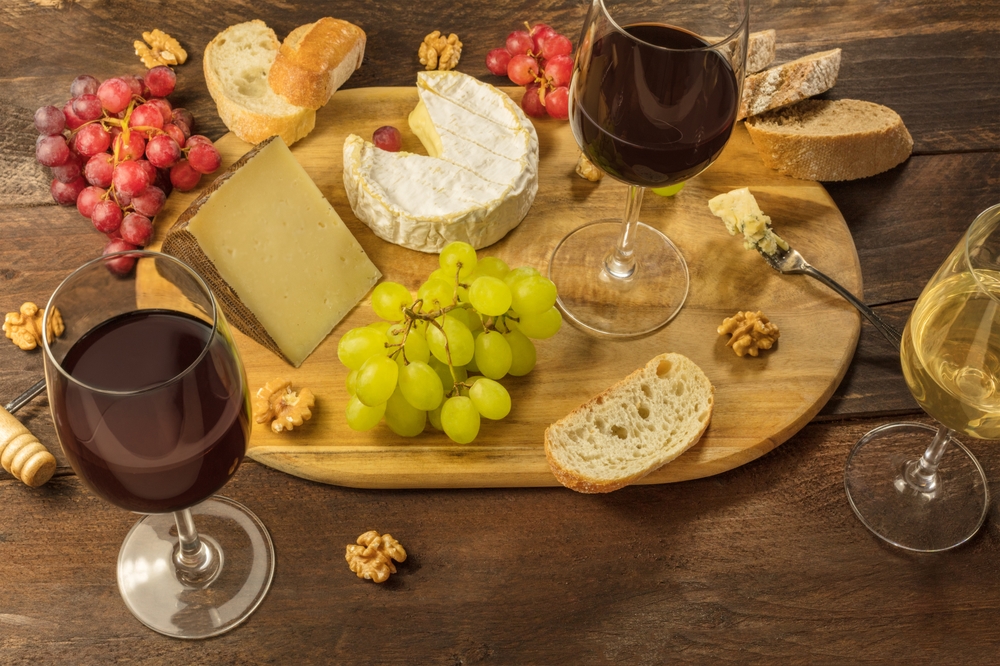#health #food #eat #cheese #wine #cognative #disorders
As we get older, eating well can improve our mental sharpness, boost our energy levels, and increase our resistance to illness. So eat well, age well! — Paul Ebeling
Healthy eating is important at any age, but is even more so as we reach midlife and beyond. As well as keeping our body healthy, eating well can also be the Key to a positive outlook and staying emotionally balanced. But healthy eating does not have to be about dieting and sacrifice. It should be all about enjoying fresh, tasty food, wholesome ingredients, and eating in the company of friends and family.
No matter your age or your prior eating habits, it’s never too late to change and improve the way you think and feel.
Improving your eating plan now can help you to:
Live longer and stronger. Good nutrition can boost immunity, fight illness-causing toxins, keep weight in check, and reduce the risk of heart disease, stroke, high blood pressure, type-2 diabetes, bone loss, and cancer. Along with physical activity, a balanced plan can also contribute to enhanced independence as you age.
Sharpen your mind. People who eat fruit, leafy veggies, and fish and nuts and seeds packed with omega-3 fatty acids may be able to improve focus and decrease their risk of Alzheimer’s disease.
Feel better. Wholesome meals can give you more energy and help you look better, resulting in a boost to your mood and self-esteem. It is all connected, when your body feels good, you feel happier inside and out.
Eating well as we age is about more than just the quality and variety of the food. It is also about the pleasure of eating, which increases when a meal is shared. Eating with others can be as important as adding vitamins to our food. A social atmosphere stimulates your mind, makes meals more enjoyable, and can help you stick to your healthy eating plan.
Always cook daily, do not dine on leftover food, ever. Buy, cook, and eat Real Food!
Editor’s Note: The results of a study published in the Journal of Alzheimer’s disease suggest that what kind of foods we eat could directly influence our cognitive acuity as we get older. The research is the 1st large-scale analysis that associates specific foods with cognitive acuity later in life.
The team examined data compiled from 1,787 aging individuals who were 46 to 77 anni at the study conclusion through a massive biomedical database and research resource that contains in-depth genetic and health information from 500,000 individuals. This is a globally available database for researchers participating in important research into the most common and life-threatening diseases in the world.
Below are 4 of the most important conclusions from the research:
- It was found that cheese was undoubtedly the food that offered the most protection against age-related cognitive issues;
- The everyday intake of alcohol, especially red wine, was associated with cognitive function improvement;
- Weekly lamb consumption, was found to improve long-term cognitive prowess, but not other red meats; and
- Too much iodized salt is bad, but only people who already have a risk of Alzheimer’s disease should watch salt intake to prevent cognitive problems over time.
Not only do the French live longer than average Americans, they are slimmer, too. They eat lots of cheese and drink wine nearly every day.
Eat healthy, Be healthy, Live lively









